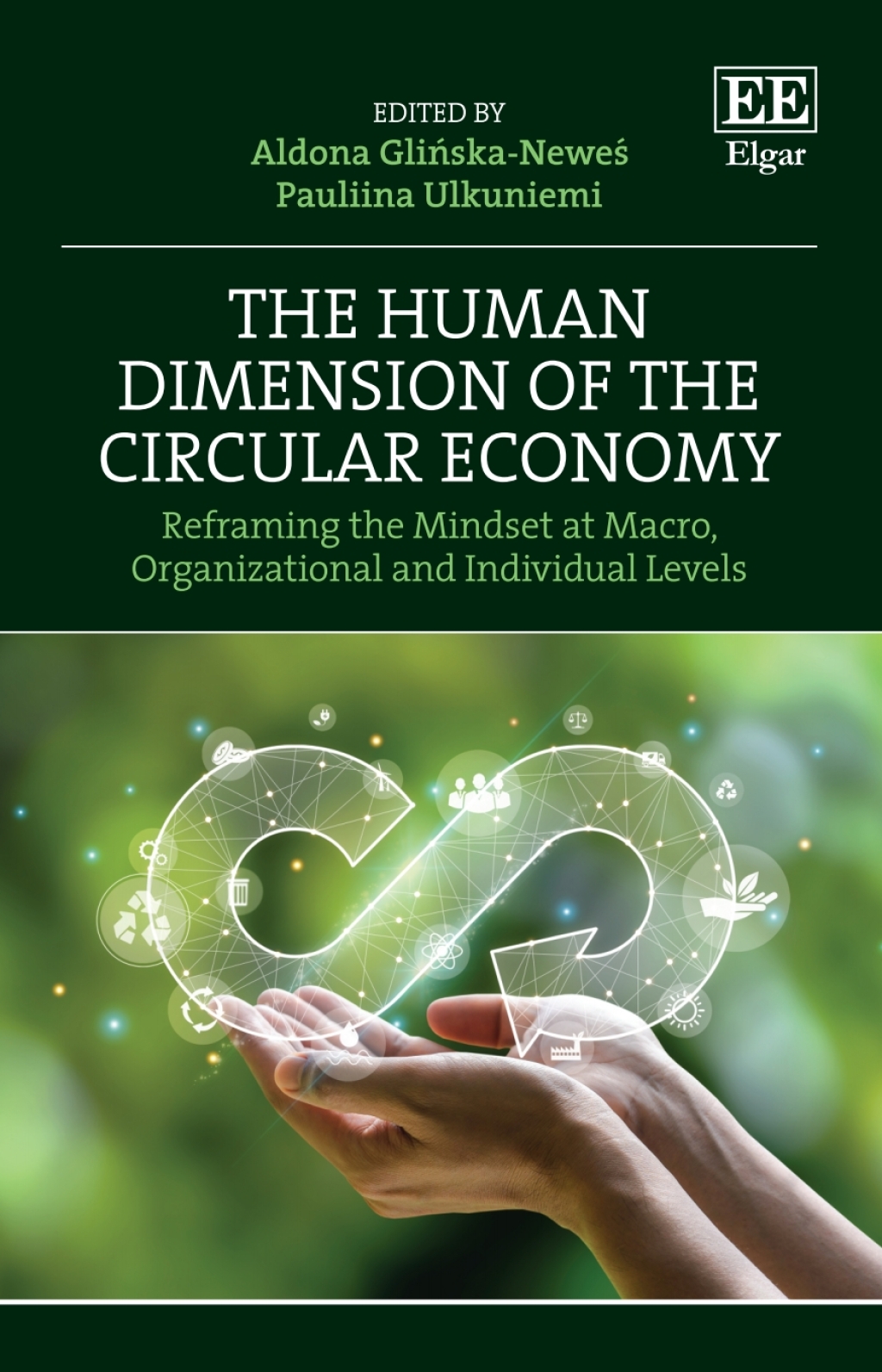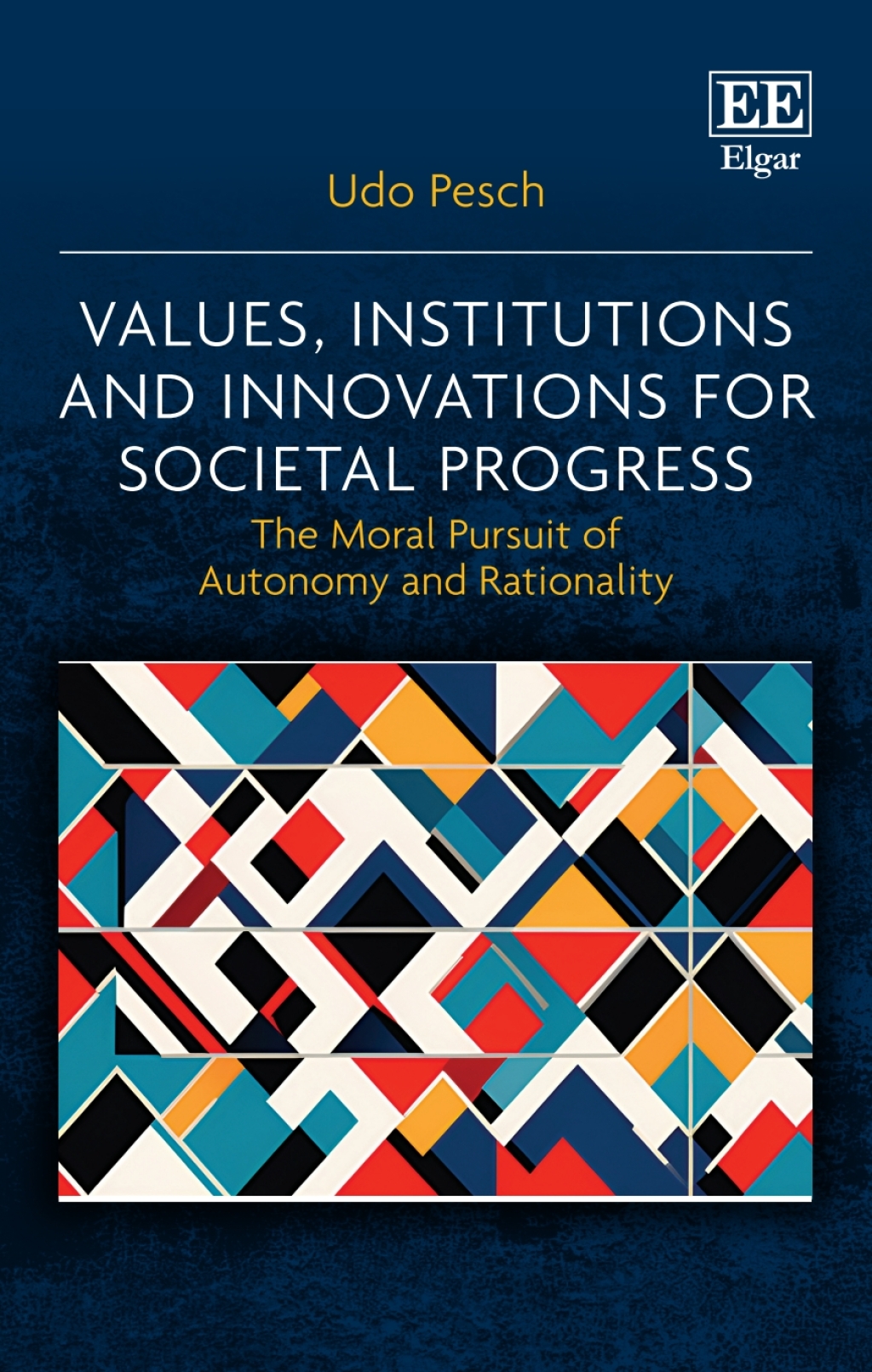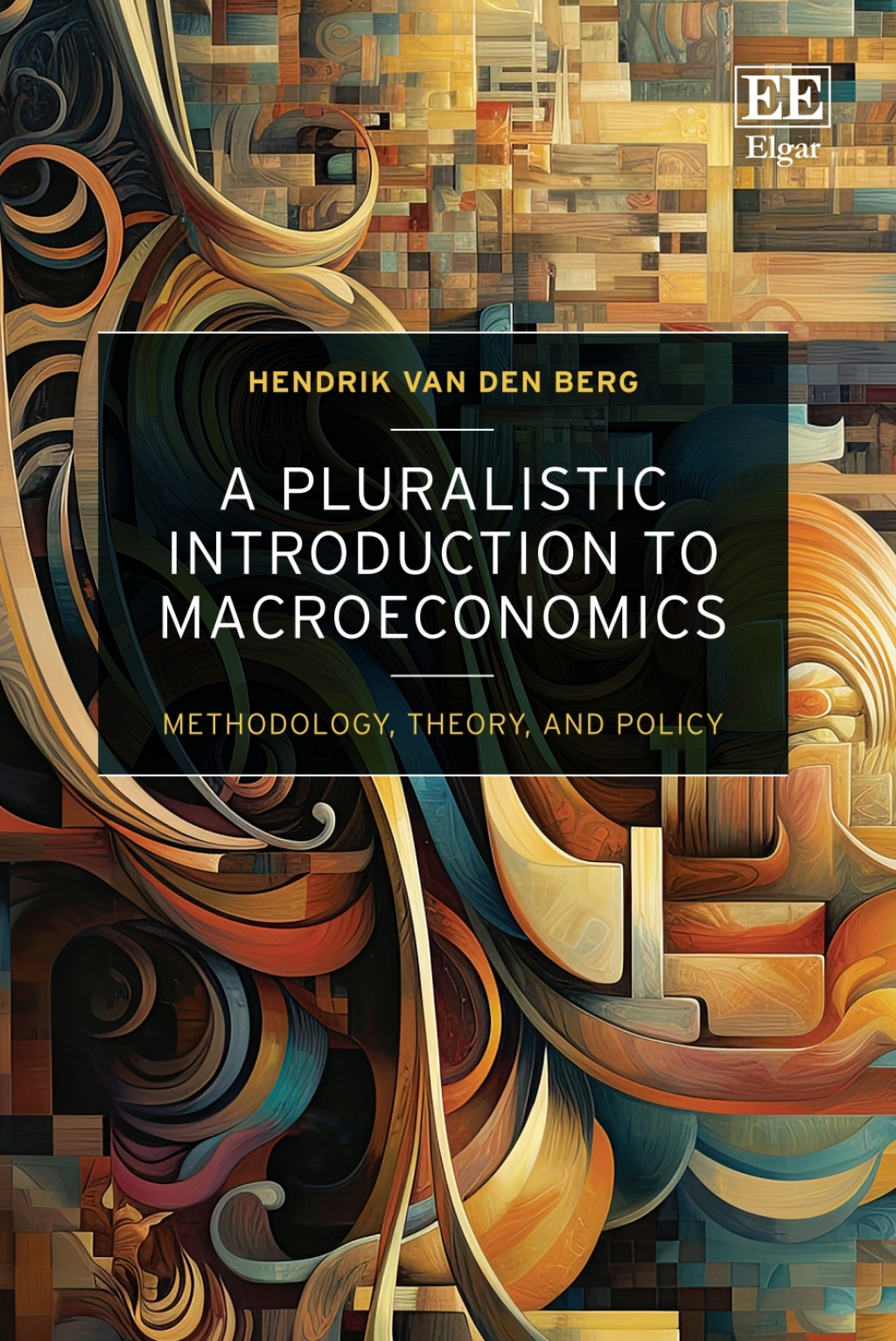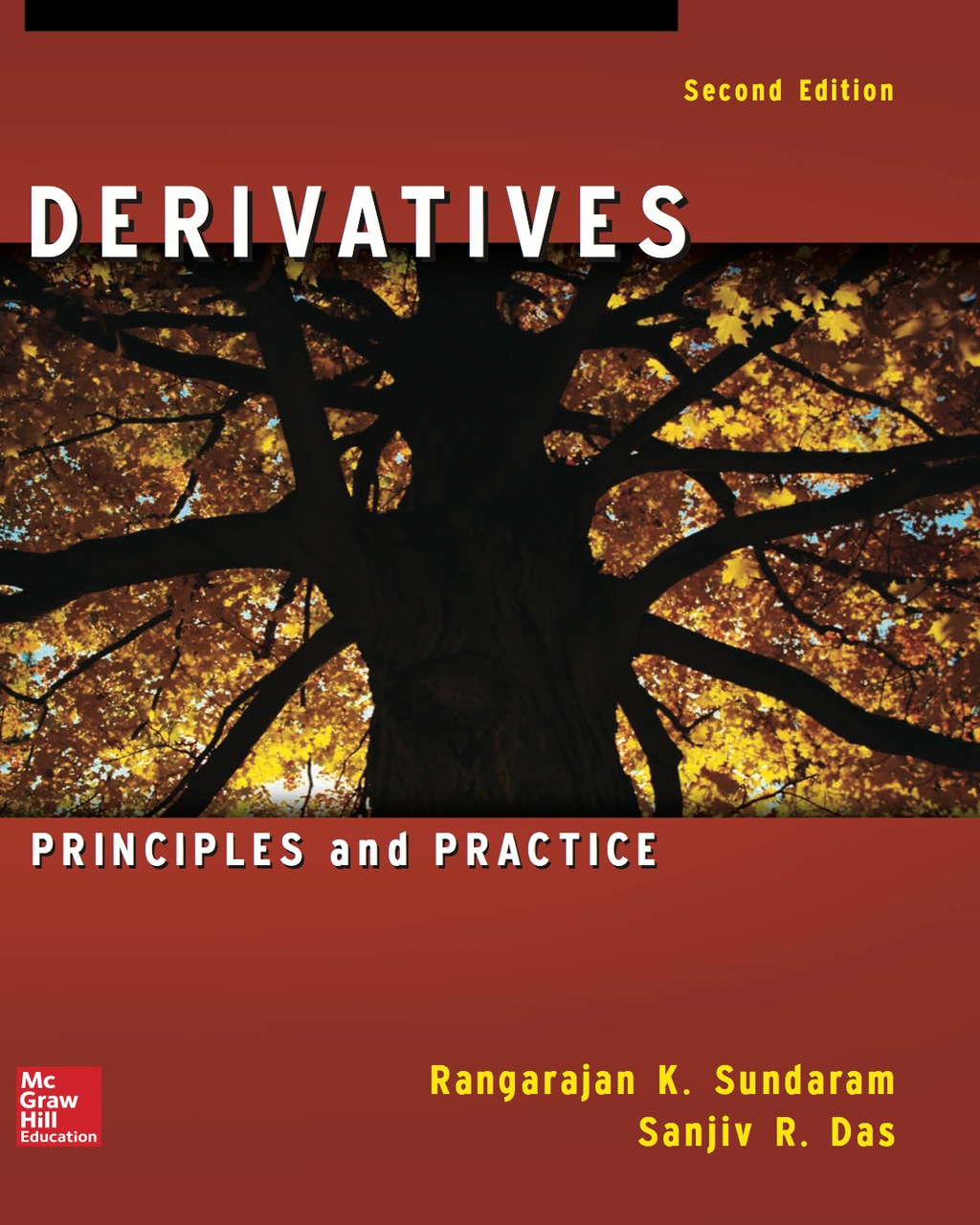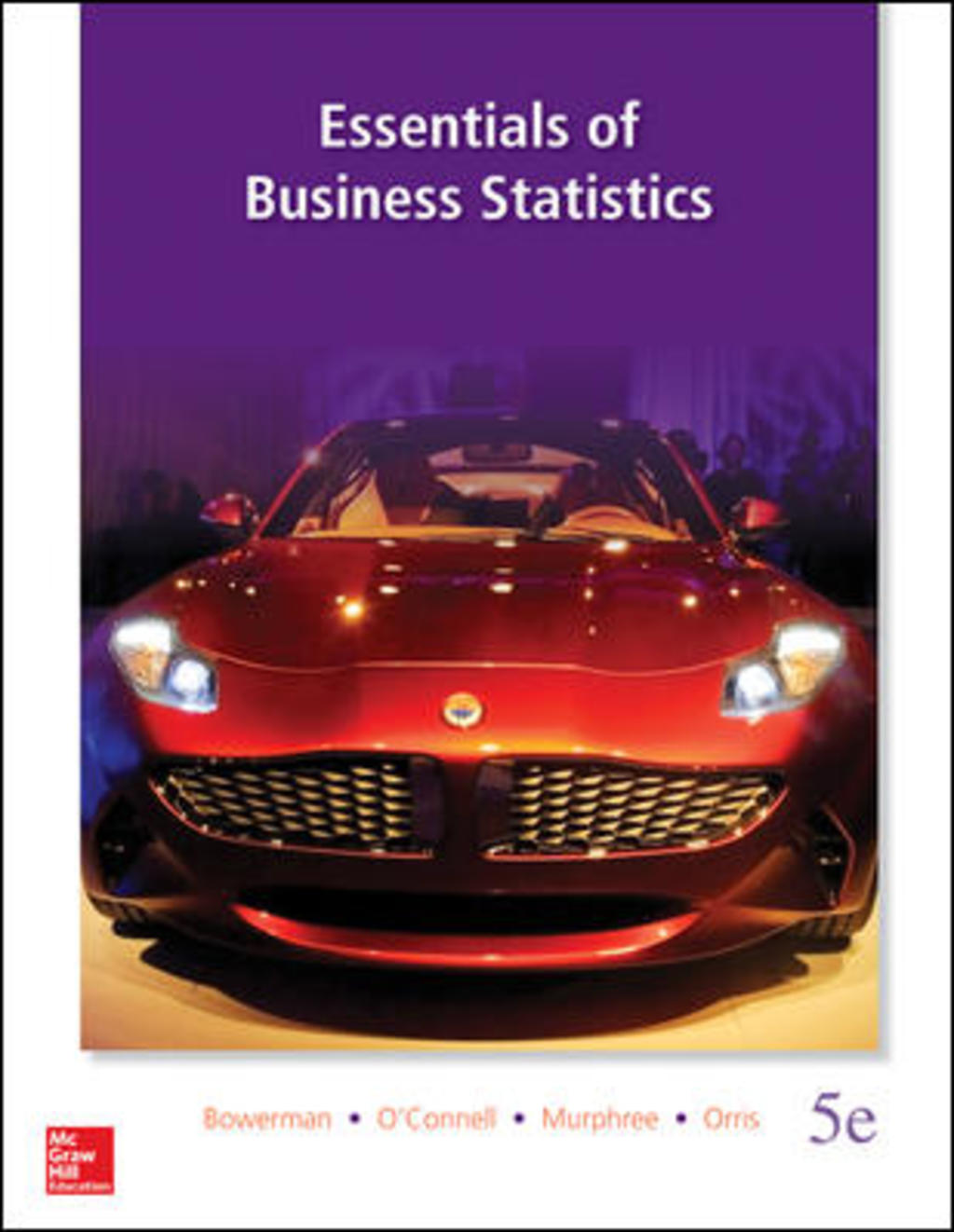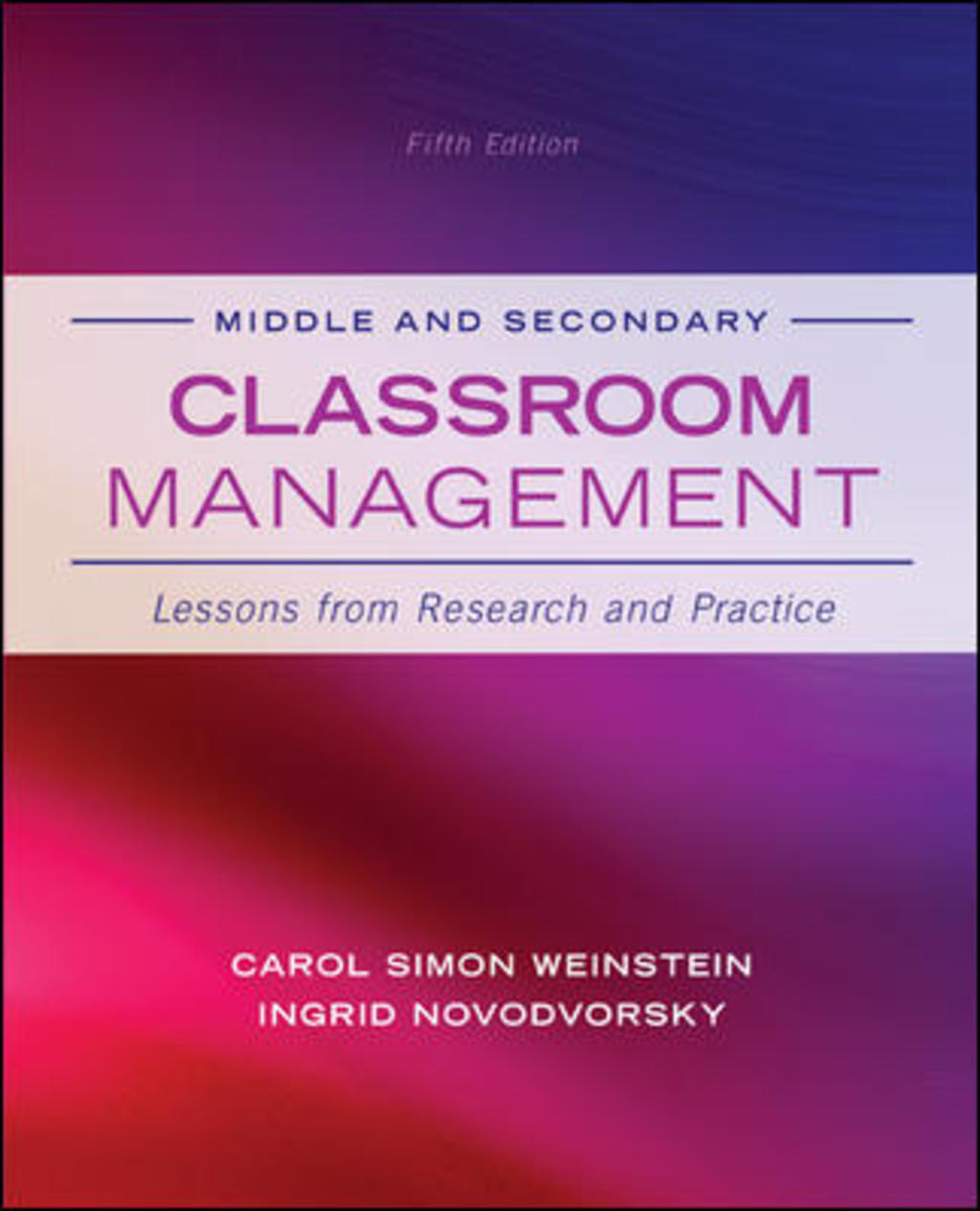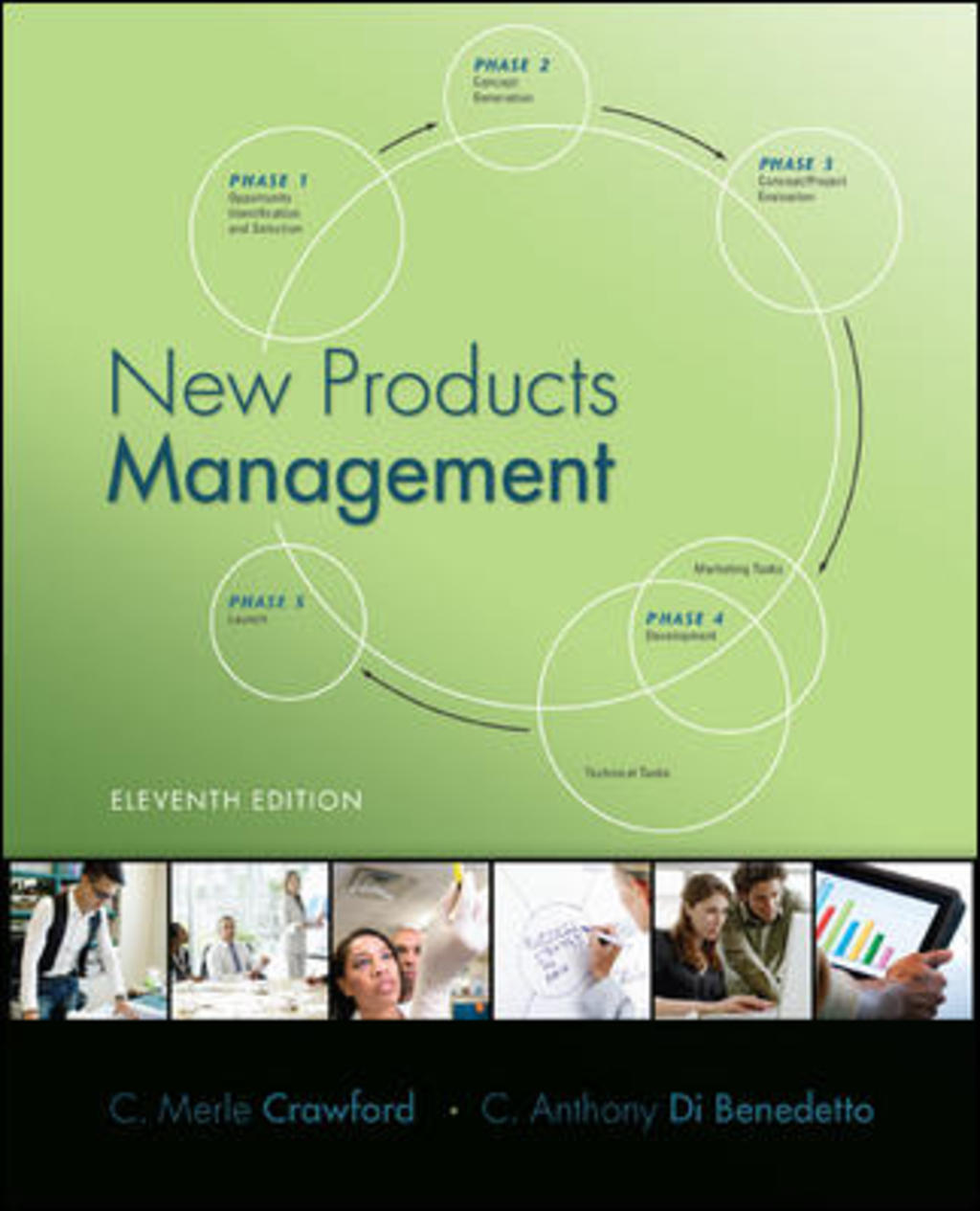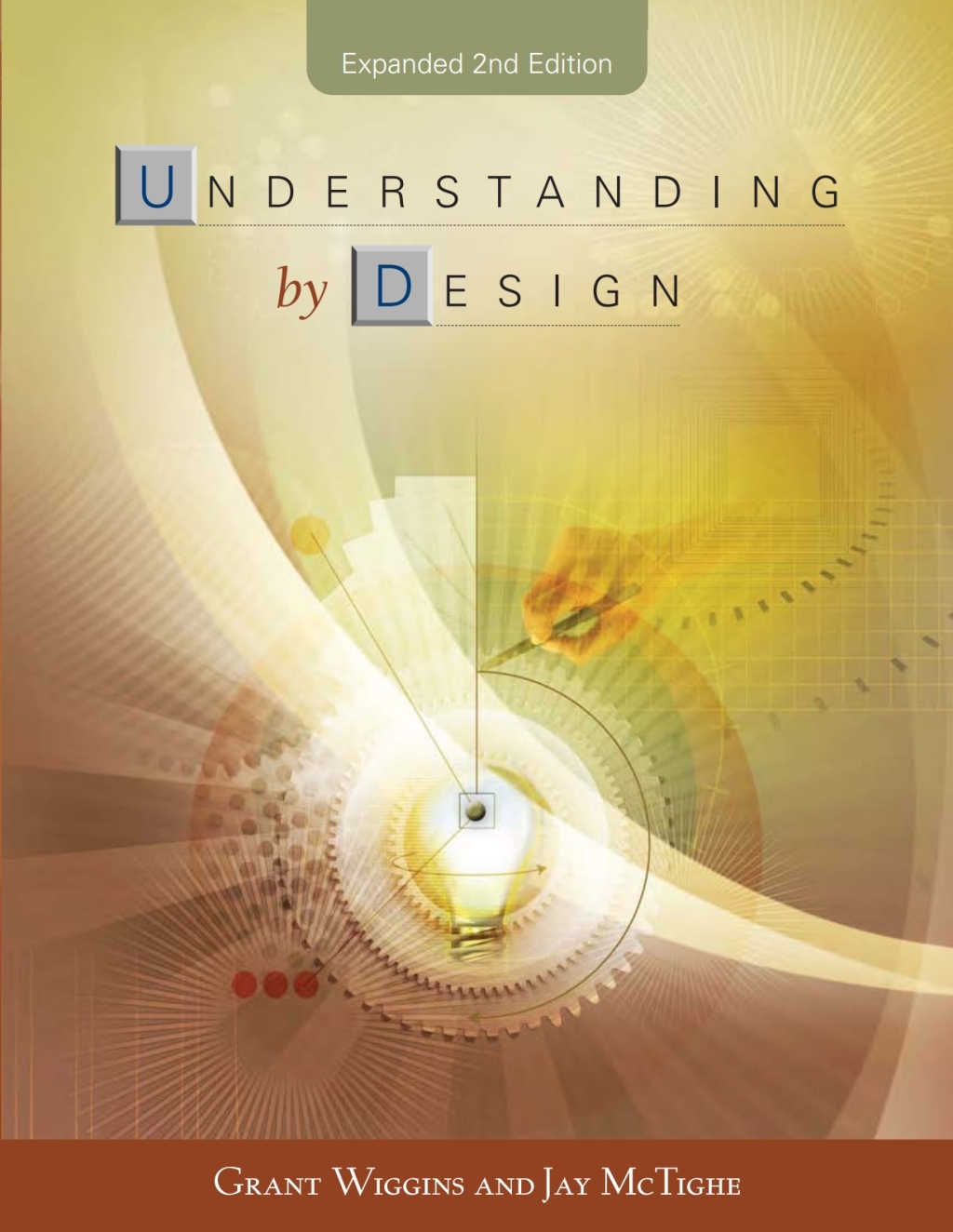A Pluralistic Introduction to Macroeconomics 1st Edition
Author(s): Hendrik Van den Berg
Publisher: Edward Elgar Publishing
ISBN: 9781035322336
Edition: 1st Edition
$39,99
Delivery: This can be downloaded Immediately after purchasing.
Version: Only PDF Version.
Compatible Devices: Can be read on any device (Kindle, NOOK, Android/IOS devices, Windows, MAC)
Quality: High Quality. No missing contents. Printable
Recommended Software: Check here
Important: No Access Code
Description
Description
This introductory textbook provides a broad introduction to the field of macroeconomics and the alternative approaches to modeling an economic system. Adopting a pluralistic approach, it rigorously analyzes the theories and policies proposed by the classical and neoclassical, Marxian, institutionalist, Keynesian and post-Keynesian schools of thought. It critically examines fiscal, monetary, and regulatory policies prescribed by the different schools, exploring the intricate links between the economy, society and nature. It ultimately demonstrates that economic modeling is always a matter of choice and compromise, and no one school of thought can accurately capture the full essence of a real evolving economic system under all circumstances, in all places, and at all times in history.
Key Features:
‚óè Presents a realistic picture of human economic behavior based on empirical evidence from multiple scientific disciplines
‚óè Discusses alternative approaches to modeling an economic system, and explains the advantages and weaknesses of each
‚óè Draws on diverse schools of economic thought and other scientific disciplines to explain why an economic system is never a stationary structure but always in a process of dynamic change
‚óè Focuses on how macroeconomic policy can be improved in a time of growing inequality, insecurity, and ecological stresses and contradictions
Interdisciplinary in scope, this textbook will prove essential to scholars, researchers and students of economics and finance, especially those interested in political economy, evolutionary economics, environmental economics, development economics, and radical and feminist economics. Economists and social scientists seeking alternative approaches to macroeconomics will equally benefit from this fundamental resource.

